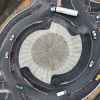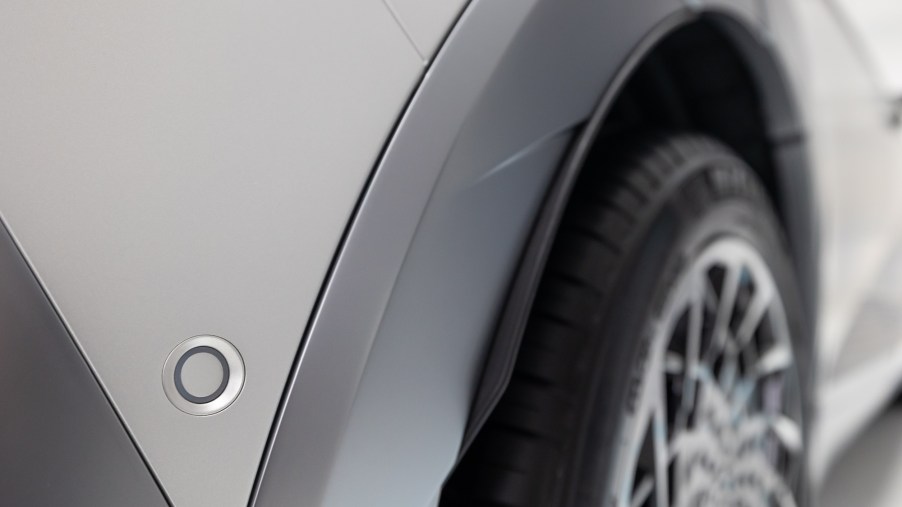
Can You Add Parking Sensors to a Car That Doesn’t Have Them?
Many new cars in the market come with parking sensors installed, but what if you want to install them on your older car? Older cars don’t have fancy sensors or infotainment systems built-in, so adding parking sensors might seem almost impossible. Fortunately, there are a lot of aftermarket solutions currently available for just about any car, so it is a possibility.
What are parking sensors?
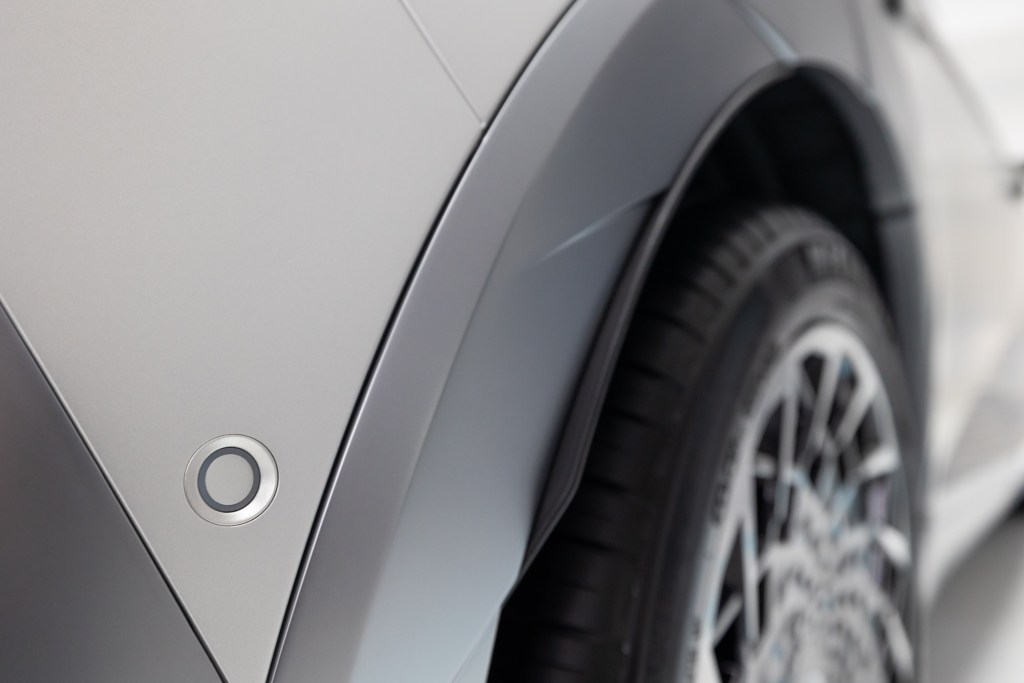
Parking sensors are small sensors installed into the front and rear bumpers of a car that emits ultrasonic waves and then receive them back from an object nearby. These sonar waves are then transmitted to a display in the car’s interior to let the driver know how close or far the car is from a nearby object.
The system alerts the driver by emitting a tone or beeping noise when the car is close to the object. As the car gets closer, the tone becomes louder and more constant to let the driver know they need to reverse the car’s direction.
You can choose between an audible or visual parking sensor system
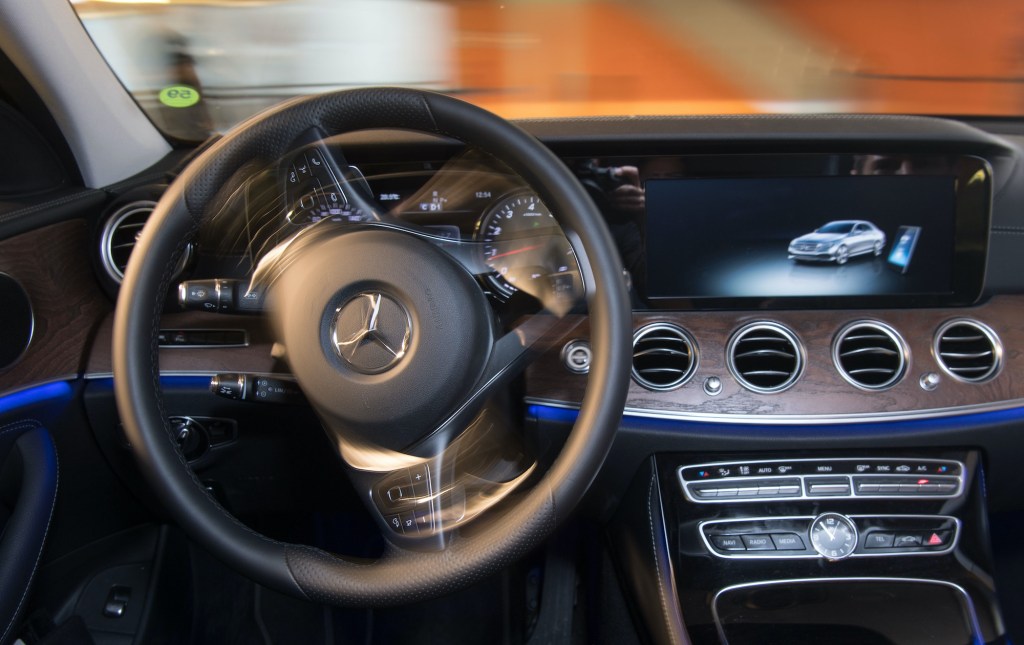
If you decide that you want to outfit your car with parking sensors, then you can either opt for an audible only or an audible and visual system. An audible-only system will give you the audible alert via beeping. While an audible and visual system will have a display to show you how close or far your car is away from an object in addition to beeping.
How do you install parking sensors on a car?
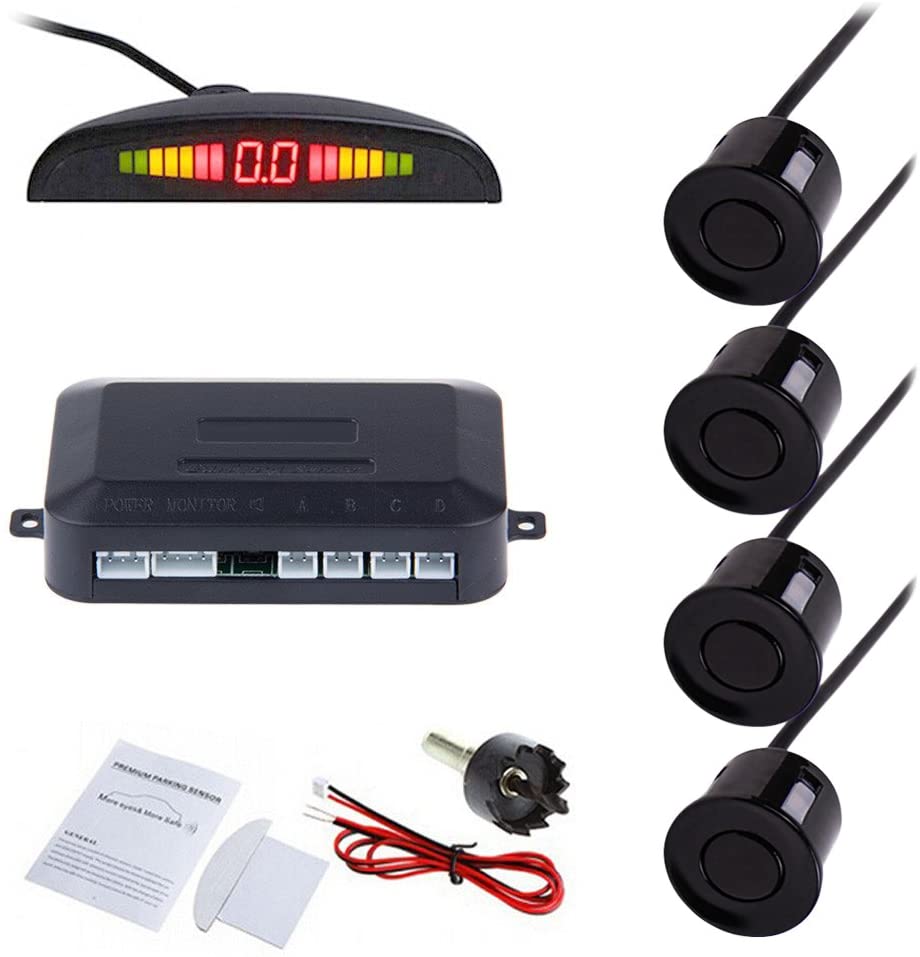
Depending on what type of system you get, installing parking sensors on a car can be easy or somewhat difficult. If you want the really easy route, then you can get a system like the FenSens, which is basically a license plate holder with sensors attached to it that sends info to an app on your phone.
It’s easy to install, but it works best if you have the phone app on all the time. But if you would rather have the traditional parking sensors, you can get a kit with the actual sensors and the equipment to hook them up. Just note that you would have to drill into the bumper and hook up wiring, so professional installation is recommended if you don’t have the proper tools.
Upgrade your car into the future
Whichever way you plan to add parking sensors to your car, you’ll be glad you did, as those little sensors can mean the difference between parking safely and getting into a mild fender bender. And since your car will be safer, you’ll be able to keep it longer and in better condition.
There are plenty of parking sensor systems currently in the market; however, most of them retail for anywhere from $20 to $200. You’ll still have to factor in the cost of labor to install the kit and possibly even paint for the bumper and the sensors, though.


